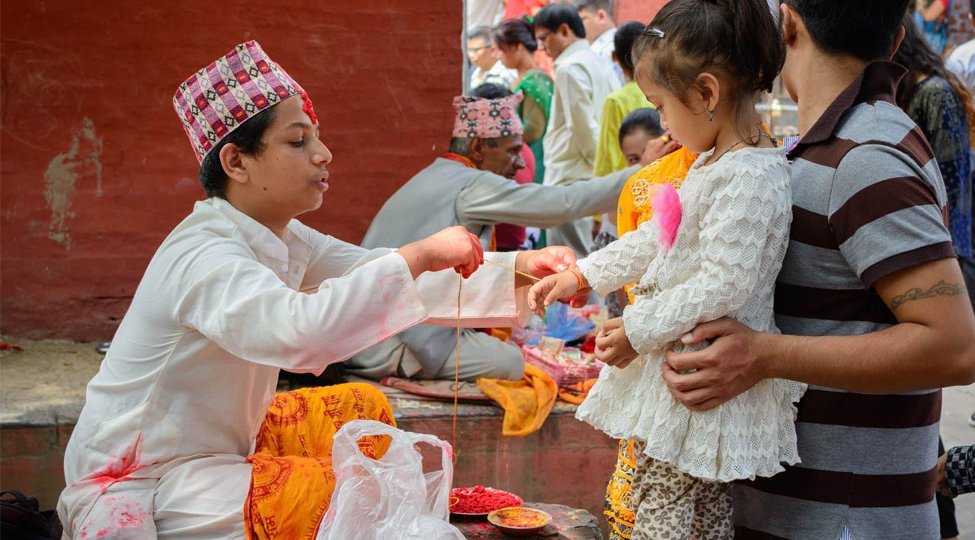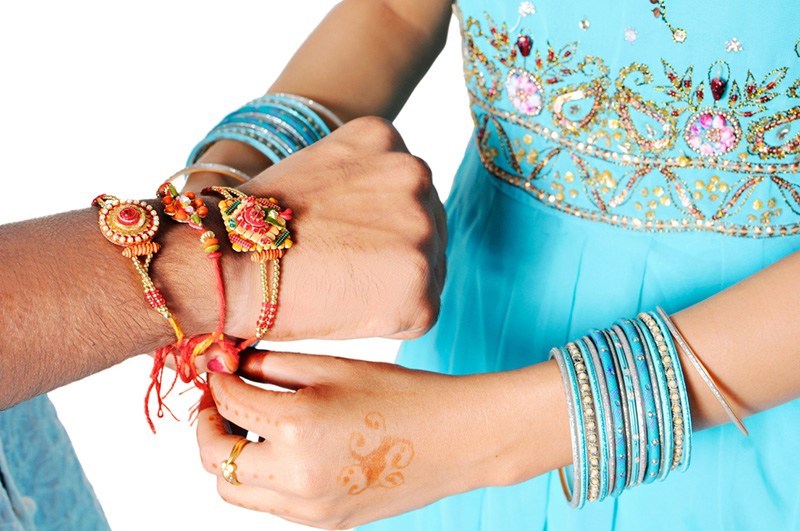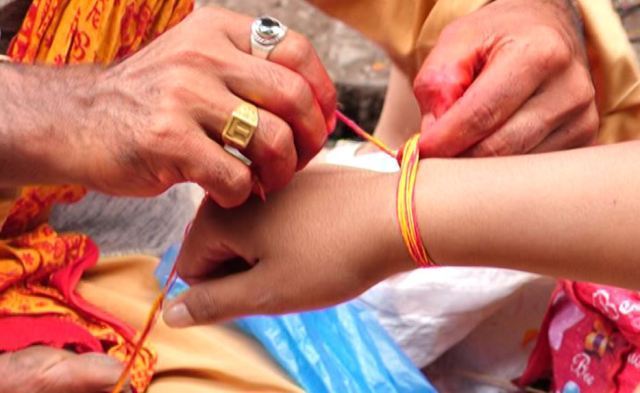Janai Purnima : The Historical and Cultural Importance of Janai Purnima
Janai Purnima, According to Hindu religious scriptures, the religious and cultural festival of the Hindus, which falls on the day of Shuklapurnima in the month of July every year, is celebrated in our Hindu society with pomp and ceremony. On this holy day, one day before, one has to take a bath in the morning and take a bath and become pure. As Saun Shulkapurnia is another popular festival, it is also a day of exchanging good wishes for Raksha Bandra Bandi Raksha among relatives and brothers and sisters.

Janai Purnima
This day is celebrated as Rakshabandhan.Although there are various religious and mythological contexts of Janai Purnia and Rakshabandhan, the meaning of Rakshabandhan is remembered by the days of Janai Purnia. According to the Bhabisya Purana, the victory of Devraj Indra was inspired by the mythical statement that Guru Jupiter had prepared a defense constitution for the protection of all the deities, including Debraj Indra, who had been defeated in the battle of Satya Yuga.
Tradition is still very much for Hindus today Similarly, according to Srimad-Bhagavatam’s Mahapuran, the anxious mother Lakshmi cleverly tied the Raksha Bandhan to her brother and freed Lord Bishnu from the clutches of Danab Raj on the day of Saun Shukla Purni. It is believed that Raksha Bandhan has been practiced since that day According to another legend, Yamadutha tied the rakhi with his sister Yemuna, saying that all those who increase the rakhi of holiness on this day are freed from Yamaduta’s punishment and fear.

Janai Purnima
Read more
On this day in Nepal, all those who wear the same ones change the old ones and wear new ones Brahmins and priests, along with their nephews and nieces, invoke the sacred thread called Raksha Bandhan and go everywhere in the village to tie the Raksha Bandhan and vaccinate all the people and get money in the clouds.
On Janapurni, the windy day of Raksha Bandhan, in Nepal and India, sisters wish their brothers longevity and a healthy life. This day is also known as Rishitarpani as it is performed on the day of Purnima by purifying the daily karma and offering it in the name of the god Saptarishi and the father, including Til Joo Kush.

Janai Purnima
Gunhupunhi is celebrated in the Newar community of Kathmandu on this holy day. The fear of informing the farmers about rain and farming through their various voices has led the man-eating bells to go to Dhab on Tuesday. The trend is on. Especially on this day, in the Newar community, it is customary to soak nine vereals mixed with sprouts and eat them after sprouting and feed them to relatives.
Comment Here!